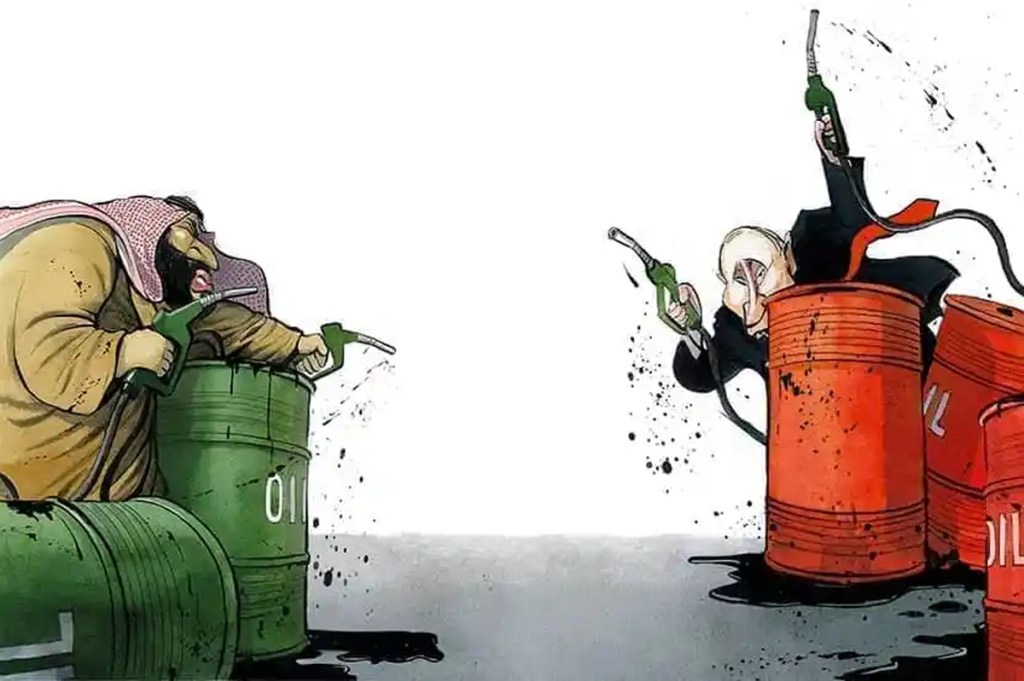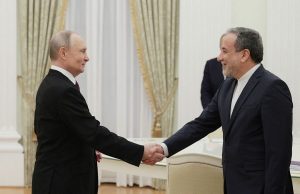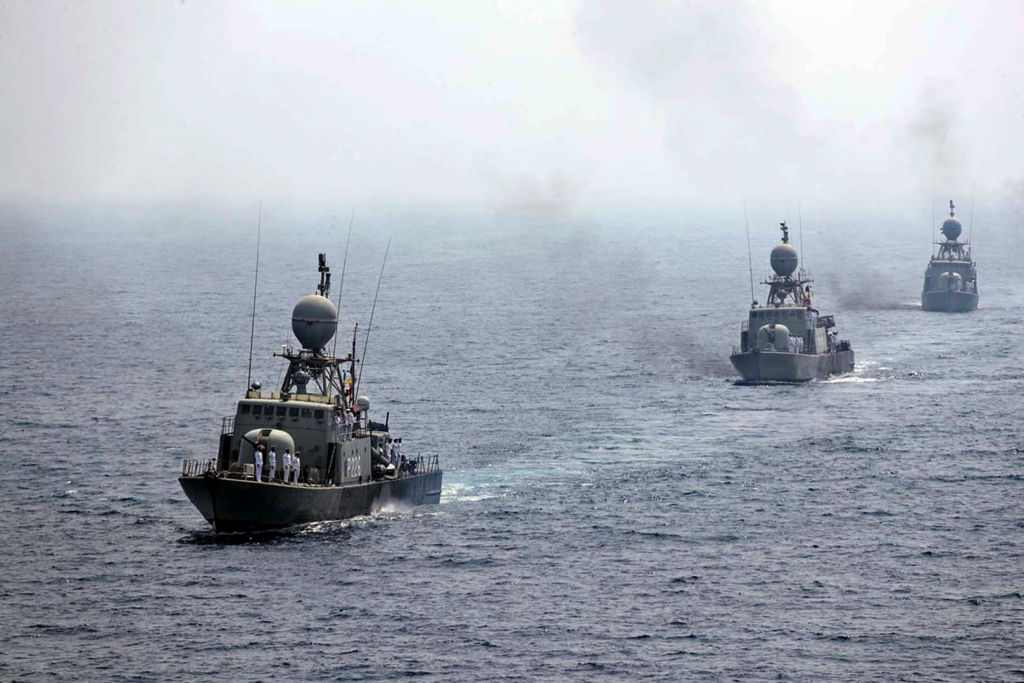Just when we thought inflationary forces were softening, the price of crude oil has shot up sharply on Monday in response to an announcement by OPEC that it will try to reduce production. A barrel of Brent crude, which touched $120 last summer before falling back to $75 last month, reached $85 at one point yesterday. Some analysts expect it to hit $100.
On the positive side, last year’s inflationary surge in Europe was more about natural gas than oil. The spike in wholesale gas prices last July and August was driven by the desperation of European countries to fill their gas storage facilities — and at a time when the facilities for receiving imports of liquified natural gas (LNG) were very limited. OPEC’s constraint is bad news for motorists and airline passengers, but on its own it shouldn’t take inflation to new heights — last year’s hike in energy prices will be falling out of the annual inflation figures in coming months. That said, inflation remains stubbornly high, rising unexpectedly in February. Any delay in the projected downward trend in inflation is not going to help the cost-of-living crisis.
The most miserable outcome of OPEC’s decision could be geopolitical. When Russia invaded Ukraine in February 2022 the West hoped that it could bring the Russian economy to its knees through sanctions and boycotts. But it has been a struggle to damage Russia when China and India have declined to join the boycott on Russian energy. On the contrary, while the West has cut its imports of Russian oil and gas, India and China have upped theirs, taking advantage of a discount on Russian prices. Some Russian oil may well be finding its way to Europe via India. The Russian economy did shrink in 2022 but only by 2.1 percent — in contrast to the double-digit falls that many had predicted, tantamount to a fair to middling recession rather than economic cataclysm. The main reason for the mildness of the fall was high oil prices — giving rise to suggestions that, by driving up oil prices, the western boycott was effectively funding the invasion of Ukraine.
Now, OPEC is helping Russia, too. The only thing which is really going to help bring the Russian economy to its knees is either that the world drastically cuts its use of oil — which environmentalists would love but which is highly unlikely in the short term — or if the rest of the world opens the taps and increases oil production. Unfortunately, in spite of the US’s drive towards energy independence in recent years, the world remains depressingly reliant on OPEC for oil.
This article was originally published on The Spectator’s UK website.

























